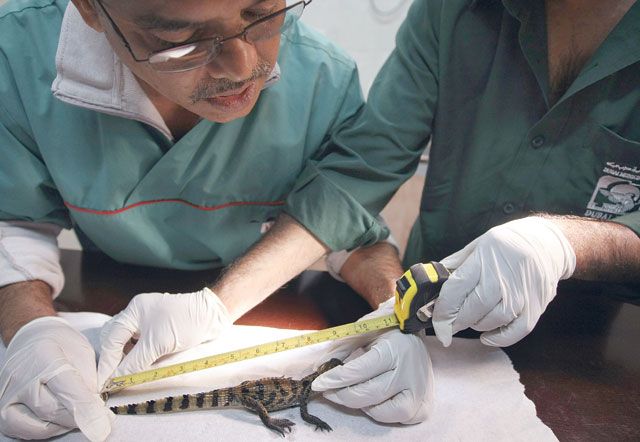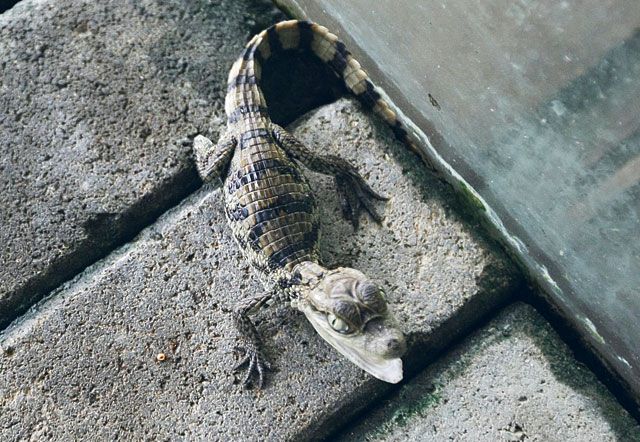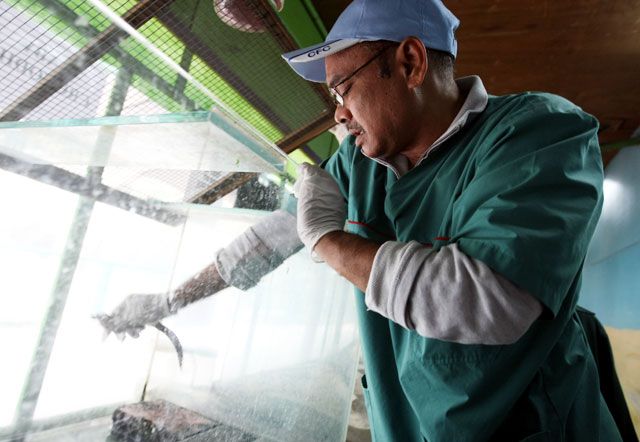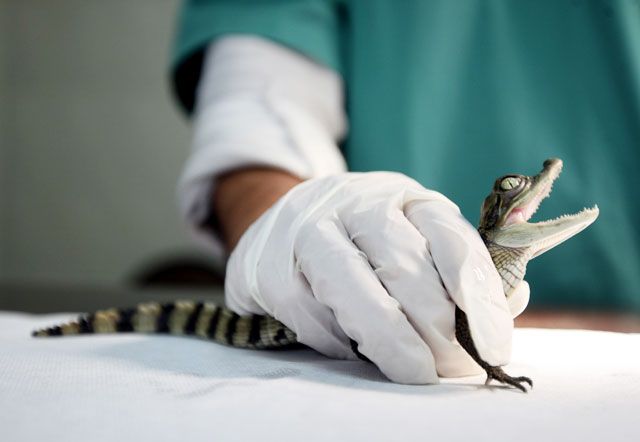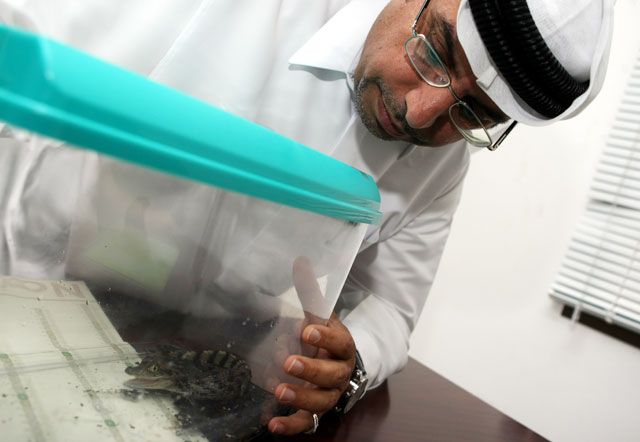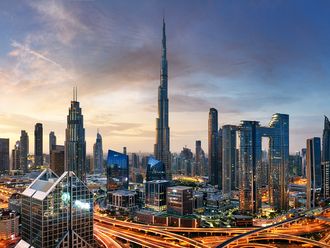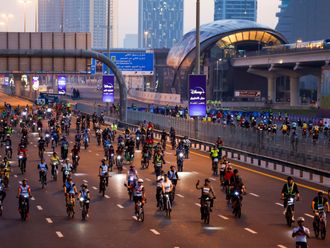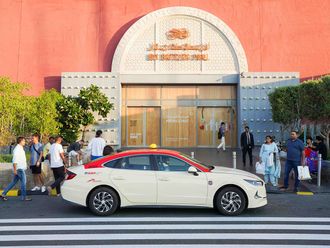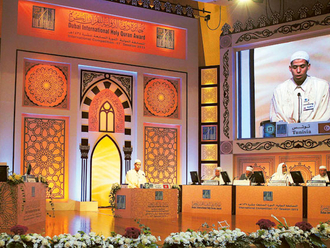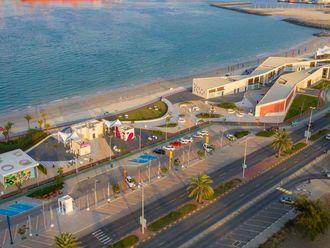Dubai: Up to 90 per cent of the species at Dubai Zoo have been rescued from illegal animal trade after being confiscated at entry points to the UAE from smugglers or ignorant travellers, Gulf News has learnt.
Read special coverage on illegal animal trade in the region
Watch video: Illegal animal trade in UAE, exposed
The overcrowding inside the zoo due to the large number of animals collected from traffickers in endangered species, has resulted in a near-total halt in breeding certain animals such as wolves and crocodiles.
Dr Reza Khan, a wildlife specialist at Dubai Zoo said he would like to be able to refuse animals from being placed in the zoo, but doing so could result in the release of wild and potentially dangerous creatures in neighbourhood parks once they are unwanted by their owners.
Timeline: Illegal trade of wild, endangered animals in UAE
Watch video: What IFAW has to say about illegal animal trade
"This year we received 13 baboons. They are all juveniles in the same age group but only one was donated to the zoo, all the others were confiscated," said Dr Khan. "Except for the giraffes and some smaller animals, 90 per cent of the animals you see in Dubai zoo are confiscated by law enforcement authorities," he added. Space is limited inside the zoo with pens taking up three acres.
"The trade in nature has changed," said Khan. "People don't go for lions or dangerous animals anymore, they want something small. Primate babies are very cute but people forget that they can become very large animals." They can grow 120cm tall and weigh 40kg making them unmanageable for their keepers.
Over the last three years, Dubai Zoo has not had any large cat like cheetah or lion dumped at their doorstep, unlike in the '90s. Rules and measures in Dubai have become stricter helping to curb illegal trade, but more could be done.
UAE law on trade in endangered animals
How much some exotic pets cost in the UAE black market
"There should be a unified wildlife preservation law in the UAE. The present law does not cover exotic species, regulations have become stricter but earlier anybody could bring in anything. In the '90s, smugglers would route animals from Nigeria, to Egypt, Qatar and the GCC, and eventually to Europe," said Khan.
Do you know of places that sell endangered animals? Has anyone you know bought any of these animals? Click on the link below to post your comments.


